Practice makes progress
A good friend of mine and fantastic musician in his own right, Mark Ski commented that on a photo I posted on Instagram a year or two ago. I hadn't heard it before and it really stuck in my head.
We're fortunate to get many different types of bands at Audio Works. We also get varying abilities, from people with no experience, to lifetime musicians. This does mean that some of the rooms sound like a well oiled professional group and some like an after-school jam, BUT THAT'S EXACTLY WHAT THIS PLACE IS FOR. I love the fact that people have the drive to come and expose their weaknesses and work on them, it's great to hear the improvements.
It translates to all walks of life too. Wether you're beginning a get fit programme, removing sugar from your diet, learning a language or have just become a new parent every second you practice something, you're learning and therefore making progress.
Tim Ferriss, someone that I mention almost on a daily basis has a great tool for learning, it's called 'The Four Hour Chef'. The book uses cooking as a vehicle to teach you different learning methods, which you can then apply to any other subject. It's helped me and hundreds of thousand of others, you can actually download the torrent of the book and bonus info for free, HERE. The hard copy is significantly more useful, particularly when trying out the suggested recipes.
So practice something and make some progress. Feel free to share some links to what you're working on at the moment in the comments.
Speak to you Friday.

